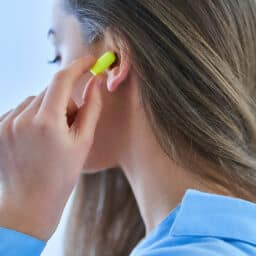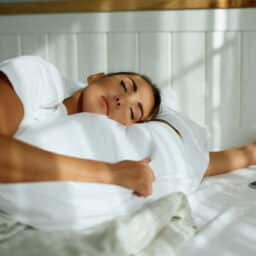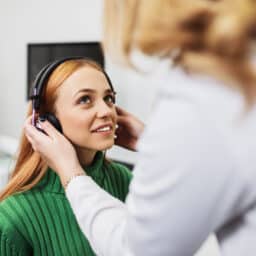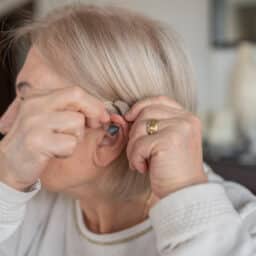Healthy Habits for Hearing

There are many different types and causes of hearing loss, and while some are not preventable, others are. By adopting some minor habits, you can maintain your hearing health for longer and keep preventable hearing loss at bay. Let’s discuss some of these habits here. Preventing Noise-Induced Hearing Loss Noise-induced hearing loss is the second-most…
How Frequently Should You Check Your Hearing at Each Age?

Hearing health often goes overlooked until a problem becomes noticeable. However, studies show that roughly one in seven American adults experiences some level of hearing difficulty, and that includes all ages of American adults. Because hearing loss can develop slowly and without obvious symptoms, routine hearing evaluations are an important part of preventive healthcare at…
Sounds You May Have Forgotten About

Hearing loss is a gradual process, and sometimes it sneaks up on you without you noticing. You may unknowingly adjust to not being able to hear certain sounds that you used to hear quite well. Often, when people get hearing aids for the first time, they’re surprised and delighted to rediscover sounds that they hadn’t…
How to Prepare for a Hearing Care Visit During Winter Weather

Routine healthcare visits are an essential part of maintaining your overall well-being, especially as you age. In addition to regular check-ups with your primary care physician and dentist, you should also make regular hearing check-ups a priority. Why Routine Hearing Check-Ups Are Vital Hearing loss is a gradual process. So gradual, in fact, that you…
Tips for Smoother Conversations: Supporting Loved Ones with Hearing Loss

Untreated hearing loss creates everyday communication challenges that can strain relationships and lead to frustration on both sides of the conversation. With nearly 20% of the global population living with hearing loss, chances are you know someone affected. Fortunately, small shifts in how we communicate can make a big difference. If your loved one…
Can I Get Tinnitus After Working Out?

Exercise is an essential part of a healthy lifestyle. It is proven to be beneficial for physical, emotional and mental health. However, if done improperly, you can open yourself up to some adverse effects, including tinnitus. To be clear, it’s rather uncommon to experience tinnitus after working out, but it is possible. So let’s discuss…
What to Know About Protecting Your Residual Hearing

If you’ve already been diagnosed with hearing loss, one of the most critical steps you can take is to protect your remaining hearing, often referred to as residual hearing. Since most forms of hearing loss are permanent, protecting what’s left is essential to keeping your hearing functioning as well as possible in the long term….
Does My Sleeping Position Affect My Ear and Hearing Health

Your sleep posture, especially if you spend most nights on your side, can influence more than just how rested you feel. It can also affect the condition of your outer ear and how well your hearing devices hold up over time. Let’s take a closer look at how your nightly routine could affect your ears. …
How Do I Know If I Need a Hearing Test?

Nearly 15% of American adults have reported some trouble hearing in the past year, but does that mean they need a hearing test? Because hearing changes often happen slowly over time, many people don’t notice the signs right away, therefore, this does mean a hearing test should be considered. Identifying hearing loss early is crucial…
What Can I Expect During the Hearing Aid Adjustment Period?

When many people are fit with their first set of hearing aids, they mistakenly believe that putting them in for the first time will be like putting on a pair of prescription eyeglasses—they think they’ll be able to hear all the sounds around them with ease right away. Unfortunately, this is not the case. Because…
